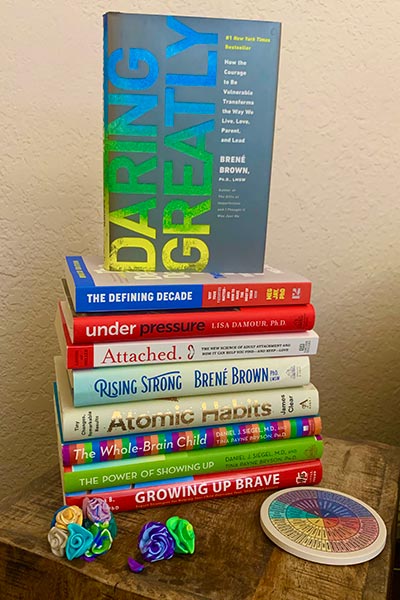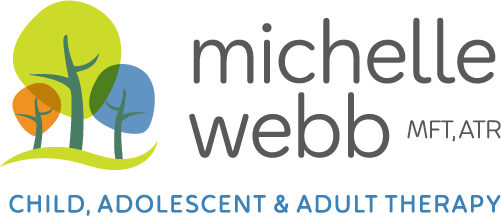Our therapeutic approach is tailored to the individual or family and is deeply informed and influenced by the following theories.
Cognitive Behavioral Therapy (CBT)
Applicable to a wide range of issues, Cognitive Behavioral Therapy (CBT) is a well-researched, evidence-based form of talk therapy focused on the connection between thoughts, feelings, behaviors, and physiological sensations. In CBT, the client and therapist work together to identify inaccurate or distorted patterns of thinking, believing, and behaving and then replace them with more balanced and adaptive patterns.
Dialectical Behavioral Therapy [DBT]
Dialectical Behavioral Therapy (DBT) is a modified version of CBT. The term “dialectical” comes from the idea that integrating two opposites—acceptance and change, for example—in therapy can sometimes produce better results than either alone. DBT focuses on four areas of behavioral skills: mindfulness, distress tolerance, interpersonal effectiveness, and emotion regulation.
Family Systems
Family systems therapy acknowledges and is based on the understanding that you exist not only as an individual, but also as part of a larger emotional unit, and that family members have a profound impact on each other’s thoughts, feelings, and behaviors.
Art Therapy (and Relational Neuroscience)
Art therapy is the use of creative, nonverbal expression in the context of a therapeutic relationship. The addition of relational neuroscience integrates how the client, art and therapist work together to increase awareness, decrease symptoms, encourage expression, and nurture healing and growth.
Play Therapy
Play is a developmentally appropriate way for children to express, explore, and grow as they begin to understand the world around them. Play can help children transform experience into mastery, take perspective, modulate intense emotions, and learn new ways of interacting through role playing. Guided by a knowledgeable and skilled therapist, play therapy can create a safe environment in which parents and children can build connections and work toward meeting therapeutic goals.
Sensorimotor Psychotherapy
Sensorimotor Psychotherapy (SP) is a therapeutic modality for trauma and attachment challenges. SP recognizes and welcomes the body as an integral source of information that can support resourcing for regulation and the accessing and processing of challenging, traumatic, and developmental experiences. A holistic approach that includes somatic, emotional, and cognitive processing and integration, SP enables clients to discover and change habitual physical and psychological patterns that impede optimal functioning and well-being.
EMDR
Eye Movement Desensitization and Reprocessing (EMDR) is a psychotherapy that enables people to heal from symptoms and emotional distress that are the result of disturbing life experiences and traumas. These events or traumas range from single incidents such as an animal bite, motor vehicle accident, natural disaster, or medical trauma to recurring traumas such as physical abuse, sexual abuse, bullying, or emotional neglect. EMDR works to reprocess and desensitize information and experiences from the past into adaptive memory networks. EMDR can be used with infants, young children, and adults.
Shame Resilience (Brené Brown)
Shame resilience is the development of empathy and self-compassion and the recognition of what your true values are. Based on research by Dr. Brené Brown, it’s a key element of The Daring Way™—a pathway to embracing vulnerability and living wholeheartedly.




